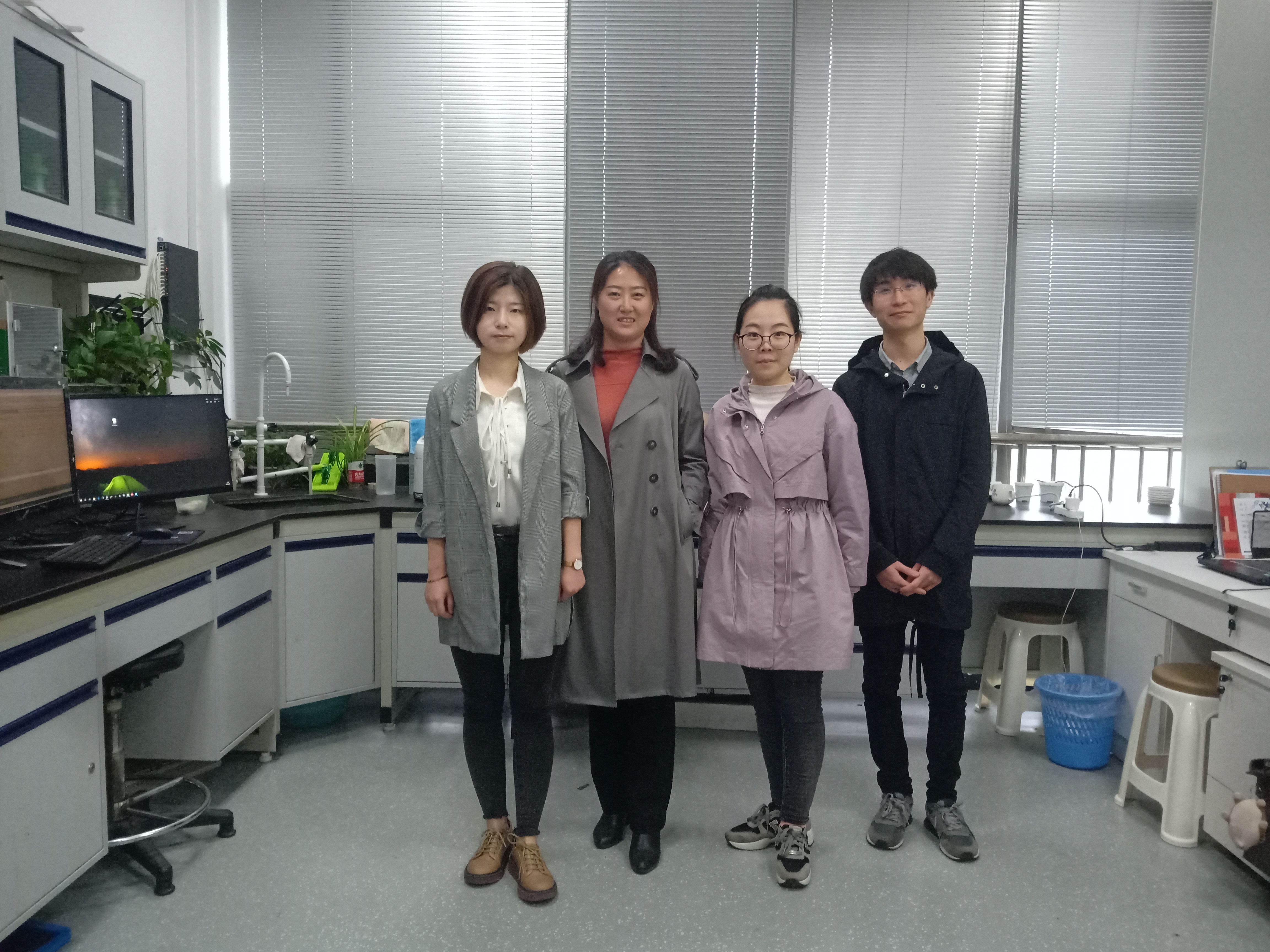
The abnormal activation of Wnt signaling is frequently observed in hepatocellular carcinoma (HCC). Blocking Wnt signaling would be a promising strategy for HCC therapy. However, Wnt signaling also plays pivotal roles in many physiological processes including embryonic development, cell fate determination, stem cell maintenance, organ regeneration and tumorigenesis. It would cause unpredictable off-tumor effects if we directly blocking Wnt signaling by targeting Wnt or its receptor frizzled. Therefore, targeting tumor specific Wnt co-receptor might be an alternative strategy to reduce off-tumor effect, block Wnt signaling and inhibit tumor growth.
Glypican-3(GPC3) is a cell-surface glycophosphatidylinositol (GPI)-anchored protein and highly expressed in at least 70% of HCC patients but not in normal adult tissues. Many studies have demonstrated that GPC3 is actively involved in regulating HCC tumor growth as a Wnt co-receptor. However,even though the interaction of Wnt and GPC3 core proteins has been known for many years, their precise interaction mechanism is still unknown, which limits our further investigation to blocking GPC3-meidated Wnt signaling precisely.
To address this question, researchers in Dr. Wei Gao’s labestablished a structural model of GPC3 and identified a Wnt-binding groove. This groove interacted with the middle region between the two-finger-like domains of Wnt3a. Mutation of this Wnt-binding groove significantly reduced Wnt binding, attenuated Wnt activation, and inhibited HCC tumor growth in mice. They further developed a single-domain antibody specifically interfering GPC3 or Wnt interaction. This work revealed the precise interaction between GPC3 and Wnt, provided direct evidence to support GPC3 as a Wnt coreceptor, and identified a promising target site on GPC3 for Wnt blocking and HCC therapy.
This work was published online in Hepatology on April 9th, entitled “A FZD-like Cysteine Rich Domain in Glypican-3 mediates Wnt binding and regulates hepatocellular carcinoma tumor growth in mice”. Na li, Liwen Wei and Xiaoyu Liu are the first authors and Dr. Wei Gao is the corresponding author. This work was supported by National Natural Science Foundation of China, number81773260; the National Natural Science Foundation Youth Project of Jiangsu, China, BK20171047 and Jiangsu Distinguish Professor program.



